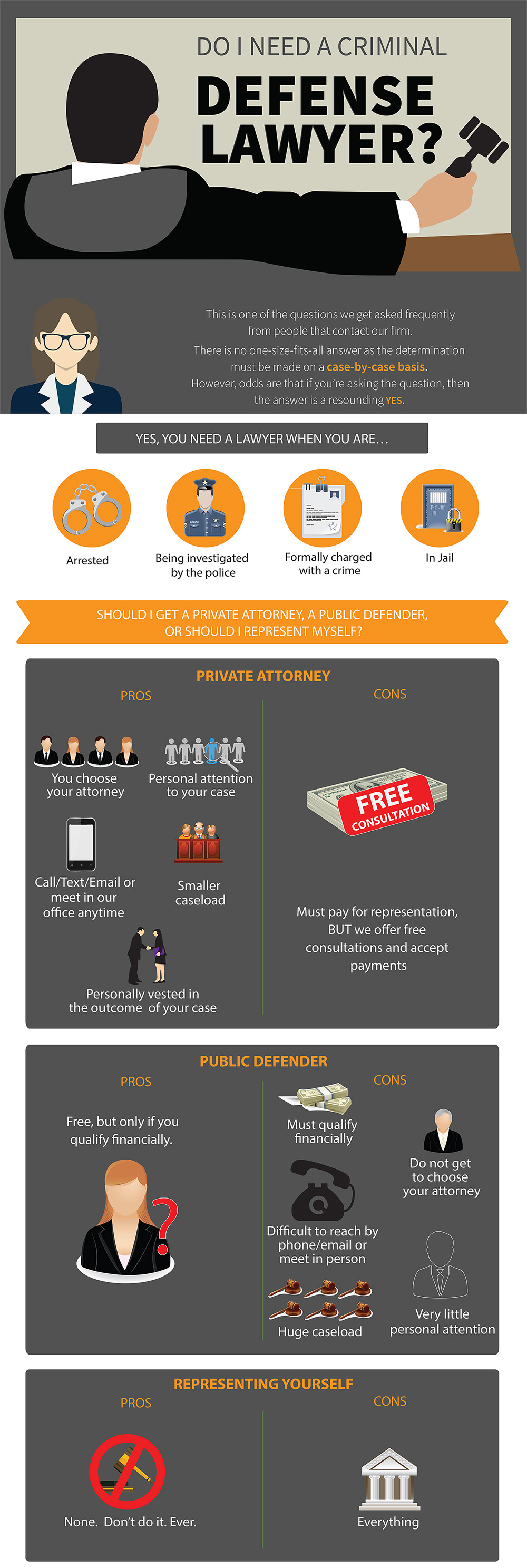Discover The Advancement Of Criminal Regulation From Old Times To The Here And Now Day With The Adjustments Made By Legal Experts, Shifting From Religious Influences To Approaches Fixated Refurbishing Offenders
Discover The Advancement Of Criminal Regulation From Old Times To The Here And Now Day With The Adjustments Made By Legal Experts, Shifting From Religious Influences To Approaches Fixated Refurbishing Offenders
Blog Article
Team Author-Feldman Svenstrup
Legal specialists, from ancient times to modern-day era, have actually built the landscape of criminal regulation. They analyze laws, suggest reforms, and advocate for justice evolution. Learn Even more Here as determined penalties, however experts fine-tuned lawful systems for justness and efficiency. criminal defense lawyer tustin continue to resolve emerging difficulties like cybercrimes and push for rehabilitation-oriented remedies. The influence of experts is profound, shaping the legal structure over centuries. Discover their crucial function fit criminal legislation's advancement.
Very Early Impacts on a Criminal Legislation
When examining the very early influences on criminal regulation, you have to examine the societal standards and worths that formed lawful systems. In ancient cultures, legislations were usually based on religious beliefs and values. Offenses were seen as not just criminal activities against people yet additionally against the gods or the natural order. Punishments were frequently extreme and aimed at revenge instead of rehabilitation.
As people progressed, so did their legal systems. The old Mesopotamians, for example, developed one of the earliest known legal codes - the Code of Hammurabi. This code established certain penalties for different crimes and set a criterion for written legislations that were used evenly to all participants of society.
Similarly, the ancient Greeks introduced the idea of a test by jury, where a team of citizens would certainly determine the virtue or guilt of the implicated. This noted a shift in the direction of an extra autonomous and participatory lawful system.
These very early impacts laid the structure for contemporary criminal legislation, stressing the value of social values, fairness, and the regulation of law.
Experts in Middle Ages Legal Systems
Throughout the middle ages duration, specialists in lawful systems played an important role in shaping and translating regulations that governed societal conduct and order. These professionals, commonly referred to as jurists or legal scholars, were deeply knowledgeable about the intricate lawful structures of the time. They were responsible for encouraging rulers, nobles, and clergy on matters of regulation, in addition to for composing legal papers and decrees.
One substantial group of legal specialists during this age were the canon lawyers, that dealt with issues concerning the Church and ecclesiastical law. Canon attorneys were instrumental in developing the lawful concepts that regulated spiritual organizations and methods, ensuring conformity with religious doctrines and norms.
In addition, civil law professionals in middle ages Europe, such as the Roman-influenced legal experts, added to the growth of secular lawful systems. They offered experience in translating Roman law codes and adjusting them to fit the progressing social needs of the moment.
Modern Legal Reforms and Professionals
In the realm of contemporary legal systems, professionals continue to play a pivotal role in shaping and carrying out crucial reforms. These professionals, ranging from legal scholars to policymakers, contribute in assessing existing legislations, determining locations for improvement, and suggesting effective services. Through their experience and experience, they contribute dramatically to the advancement of criminal law, guaranteeing that it stays pertinent and simply in contemporary society.
Lawful reforms led by professionals commonly aim to enhance the effectiveness of the justice system, advertise fairness in legal process, and address emerging obstacles such as cybercrimes and international law enforcement. These specialists work together with lawmakers and police to create regulations that mirrors societal values and advancements the principles of justice.
In addition, experts in modern-day lawful systems go to the center of advocating for reforms that prioritize recovery over punitive measures, acknowledging the importance of addressing root causes of criminal behavior and promoting long-lasting social well-being. Their initiatives not only shape the lawful landscape however also add to creating a more fair and efficient criminal justice system for all.
Conclusion
As experts have formed the development of criminal legislation throughout background, one can see the transformative power of experience in the lawful landscape.
Just like a skilled designer meticulously develops a structure to hold up against the examination of time, legal experts have carefully crafted laws to support justice and order in society.
From ancient people to modern-day reforms, the expertise of legal professionals has contributed fit the legislations that regulate our world today.
